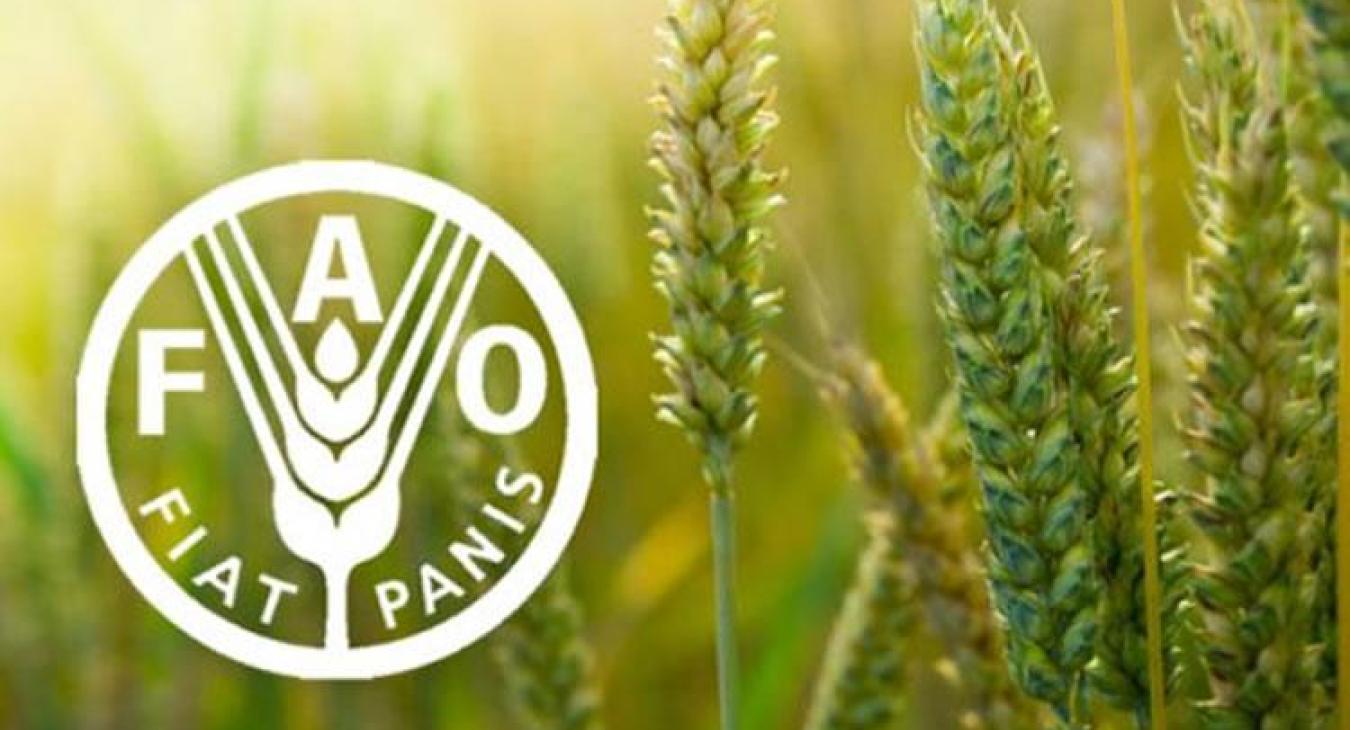Due to land degradation in Nigeria, the Ministry of Environment is partnering Food and Agricultural Organisation (FAO), of the United Nations to recover 350,000 hectares of degraded landscapes for environmental sustainability under the ACReSAL project. HELEN OJI reports.
In furtherance to the ACReSAL project effort to recover 1 million hectares of degraded lands, increase the adoption of sustainable landscapes management practices, enhance community livelihood, improve access to market value chain development, create jobs, increase food production and security, build capacity, strengthen community resilience to the challenges of climate change and others.
Agro-climate resilience
The Minister of Environment, Balarabe Abbas Lawal, said that the 350,000 hectares of land would be restored in 19 Agro-Climate Resilience in semi-Arid Landscape (ACReSAL) states and the FCT.
He added that the contract for the engagement of the technical assistant of the Food and Agricultural Organisation of the United Nations to restore 350,000 hectares under the component B of the P Project Development Objective of the ACReSAL Project towards building community to sustainable practice and a determination to make a positive impact on our environment.
“The importance of landscape restoration efforts cannot be over emphasized especially in the context of our environmental health and its visible impact on the livelihoods of the communities in the entire northern part of Nigeria.
Lawal explained that ” Northern Nigeria, with its rich biodiversity and cultural heritage is plagued with serious challenges that requires innovative and collaborative solutions, it is indeed a great achievement to witness the commitment of FAO and our partners, the World Bank to address these challenges by building capacity of the community to adapt and mitigate the challenges through this ground breaking initiative.
” We are all aware that this contract signing represents a legal agreement and it symbolizes a shared vision for a sustainable and a more resilient future.
Landscape restoration
The Minister said am persuaded that this engagement for the technical assistance to restore large scale landscapes will yield evidence out comes towards healthy environment, ensuring food security, and well being of the communities, as we embark on this journey of landscapes restoration, we are taking a collective decision towards a future where the ecosystem will thrive and communities will flourish.
“As we celebrate this with it, the success of this engagement will depend on our collective efforts, perseverance and ability to adapt to evolving circumstances.
He, however states that we should foster the spirit of collaboration, innovation and inclusivity as we work towards a common goal of restored and resilient landscapes in the 19 ACReSAL States and the FCT.
Lawal commended the National Project Coordinator, Mr Abdulhamid Umar and his team at the Federal Project Management Unit for their commitment to seeing this contract come through, to the lender, the World Bank for their continued support and guidance.
The minister congratulated both the steering and Technical committee members of the Ministries of Environment, Agriculture and Food Security and Water Resources and Sanitation and prayed that the contract signing would be the beginning of transformative journey towards achieving the target set for broader landscapes restoration in Nigeria.
Protect environment
Also speaking, FAO Representative, in Nigeria and ECOWAS, Dominique Koffy Kouacou, said that the FAO is committed to sustaining the support to the government and the ministry in particular to protect the environment and sustainably conserve Nigeria”s vast natural resources.
“The objective of ACReSAL is to increase the implementation of sustainable landscape management practices in targeted watersheds in northern Nigeria and strengthen Nigeria’s long term enabling environment for integrated climate resilience landscape management.
Kouacou noted that the agreement signed is important to FAO because the objective is to provide the required technical expertise for the scaling up of the landscape restoration sub component of the ACReSAL Project in synergy with the Great Green Wall Sahet-wide initiative of the African Union.
According to him, the technical assistance will certainly improve the development and delivery of resilience for land restoration and Climate Smart Agriculture knowledge and services to both the federal, state and community levels by designing training materials and curricula tailor made for restoration and value chain development.
He added that the technical assistance would equally complement the activities supported by the Great Green Wall Sahet-wide initiative of the African Union.
“The ACReSAL Project Development Objective (PDO), aligns with one of the FAO global aspirations which is a better environment.
Commitment
In her remarks, the Task Term Leader of the ACReSAL Project and Senior Environmental Specialist World Bank Nigeria Office, Dr. Joy l. Agene, states that is a demonstration of resilience and commitment towards supporting the country to address the impact of climate change.
She congratulated and thanked everyone for having contributed to the success of the partnership and also highlighted one of the mandates of the ACReSAL is to reclaim 1 million hectares of degraded land in Nigeria and this partnership is expected to support ACReSAL to reclaim over 350 thousand hectares out of 1 million hectares.
Dr Agene stressed that ACReSAL would collaborate with stakeholders to come up with an efficient outcome on the implementation of the project.
The National Project Coordinator Mr Abdulhamid Umar, said that collaboration would ease the burden of farmers in the Sahel Region because FAO as part of its Action against Desertification programme has developed of the delphion plough and tractor to achieve large landscape restoration.
He said that the project would equally address carbon emissions, greenhouse gas, unemployment challenges and poverty.
Umar states that the ACReSAL Project was anchored on four pillars, namely, Dry land Management, Community Climate Resilience, Institutional Policy Strengthening and Project Management and Contingent Emergency Response.
He explained that the Federal Ministry of Environment is the lead implementing Ministry in collaboration with the Federal Ministry of Agriculture and Food Security and Federal Ministry of Water Resources and Sanitation.
© Source : blueprint.ng
- Se connecter ou s'inscrire pour publier un commentaire

